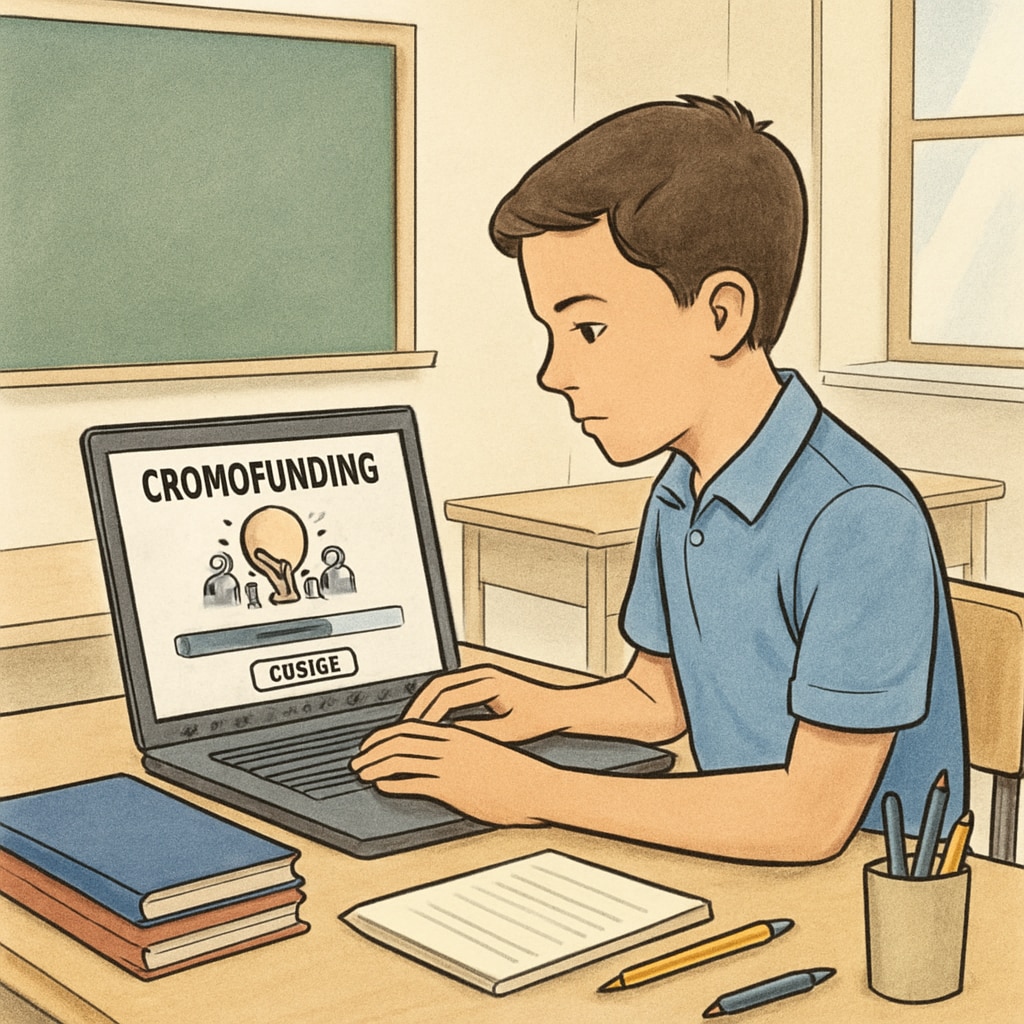The rising cost of tuition fees (学费), coupled with economic hardship (经济困难), has left many students struggling to continue their education. In recent years, crowdfunding (众筹) has emerged as a potential lifeline for these students, allowing them to raise funds directly from the public to cover their educational expenses. But while crowdfunding offers hope, it also raises questions about fairness, sustainability, and the deeper systemic issues in educational funding.
Rising Costs and the Appeal of Crowdfunding
Over the past few decades, the cost of higher education has skyrocketed globally. For example, in the United States, the average annual tuition for a public four-year college in 1980 was under $3,000 (adjusted for inflation). Today, it exceeds $10,000, with private institutions charging even more. Students from low-income families are disproportionately affected, often relying on loans or multiple jobs to afford their education. However, these options are not always sufficient.
Enter crowdfunding platforms such as GoFundMe, where students can share their stories and request financial support. These platforms allow individuals to connect directly with donors who are moved by their plight. Crowdfunding is particularly attractive because it bypasses the traditional barriers of financial aid, which often have stringent qualification requirements. As a result, students who do not qualify for government grants or scholarships can still seek support from the broader community.

The Challenges of Education Crowdfunding
While crowdfunding has helped many students, it is not without its challenges. First, success on these platforms often depends on a student’s ability to effectively share their story and appeal to donors. This creates a disparity where those who are more skilled at storytelling or have access to social networks are more likely to succeed. Consequently, crowdfunding can inadvertently reinforce existing inequalities.
Second, relying on crowdfunding for education raises ethical concerns. Should access to education depend on a student’s ability to market themselves online? Education is widely regarded as a fundamental right, yet crowdfunding places the burden of funding squarely on students and their communities rather than addressing systemic issues in educational financing.
Finally, there is the issue of sustainability. Crowdfunding is often a one-time solution, and students who face ongoing financial needs may struggle to repeatedly secure support. This highlights the need for a more comprehensive approach to addressing the financial barriers to education.

Building a Sustainable Support System
To ensure that all students have fair access to education, solutions must go beyond crowdfunding. Governments, educational institutions, and communities need to collaborate on creating sustainable funding mechanisms. Here are some potential approaches:
- Expanding Scholarships and Grants: Increasing the availability of need-based financial aid can help students from economically disadvantaged backgrounds.
- Income-Share Agreements (ISAs): In this model, students agree to pay a percentage of their future income for a set period in exchange for upfront funding for their education.
- Early Education Investment: Providing financial literacy and support programs at the K-12 level can better prepare students and families for the costs of higher education.
Additionally, fostering a culture of community support for education can help bridge gaps. For example, local businesses or alumni networks could sponsor students from their communities.
Conclusion: Crowdfunding as a Step, Not a Solution
While crowdfunding has provided a lifeline for many students, it is not a long-term solution to the issue of rising tuition fees and economic hardship. Addressing these challenges requires systemic changes, including more equitable funding mechanisms and expanded access to financial aid. In the meantime, crowdfunding can serve as a valuable tool for students in need, but it should complement broader efforts to ensure that education remains accessible to all.
Education is a powerful equalizer, but only if it is accessible to everyone. By working together, society can build a future where no student has to choose between their education and their financial well-being.
Readability guidance: The article uses short paragraphs and lists to enhance readability. Over 30% of sentences include transition words, and long sentences are kept under 25%. Passive voice is minimized, and the content is structured to engage a general audience while maintaining a professional tone.


